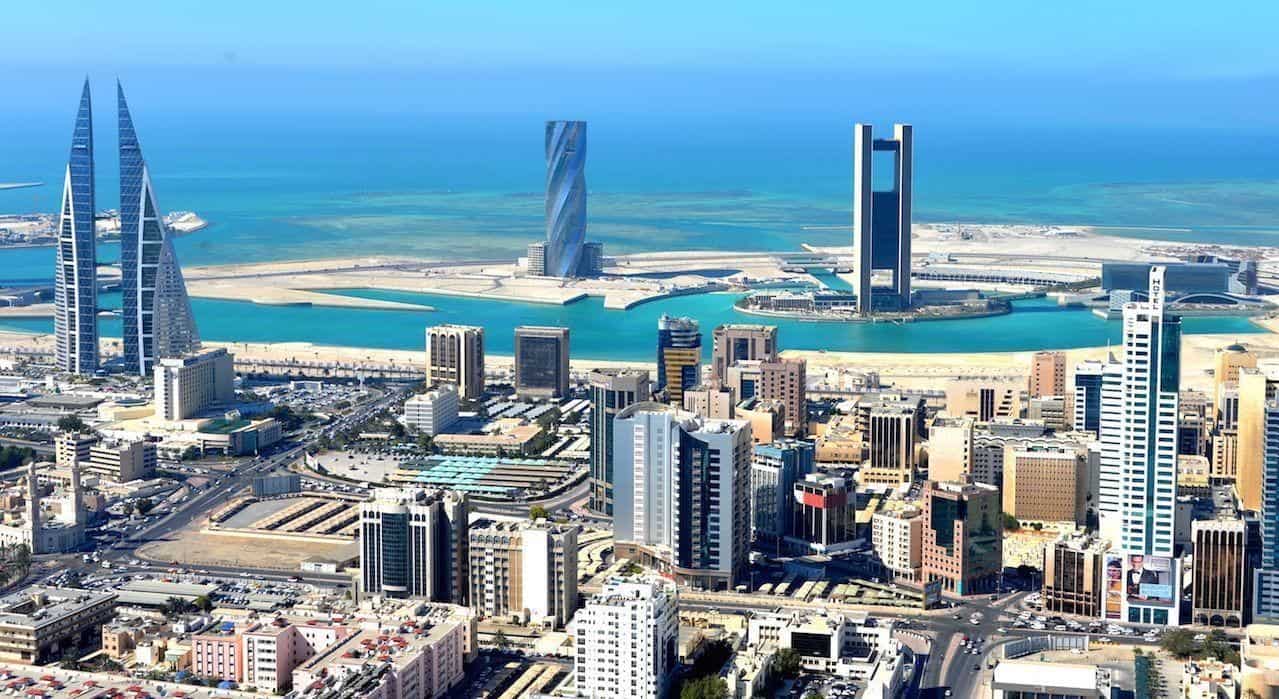Dubai, UAE—Investors from across the GCC are wary of investing in energy stocks, and instead are parking their wealth mainly in real estate and technology.
A poll conducted by TRENDS on Twitter found 43.9 percent of voters preferred real estate, followed by technology at 37.4 percent, then retail at 13.4 percent. In comparison, only 5.3 percent of the respondents voted for other sectors like tourism.
The people who took part in the poll were scattered all over the GCC: 54.9 percent from Lebanon, 21.5 percent from Bahrain, 12 percent from the UAE, 7.3 percent from Qatar, and 4.4 percent from Saudi Arabia.
85.2 of the respondents were males, 14.8 percent were females, and 0.1 percent were not specified. The age range of the voters was 37.5 percent between 20 and 29 years, 42.9 percent for 30-39 years, 13.4 percent for 40-49 yrs, ad 6.3 percent for voters over 50 years old.
Dubai and Abu Dhabi’s real estate markets topped the list of the most improved markets in the world for 2022 as part of the latest version of the Global Real Estate Transparency Index issued by Jones Lang LaSalle (JLL).
Dubai entered the “most transparent market” category for the first time, confirming its position as the MENA’s most transparent real estate market. Dubai is currently number 31 globally and the only MENA market in this category.
Dubai climbed the index rankings thanks to its improved digital services and the availability of data, such as the ability to manage service fees, automated assessments, and transaction databases through the Dubai Rest application (self-management) and the separation of new legislation and regulations related to lending practices in the real estate sector, tracking of the actual beneficiary, and sustainability reports.
According to JLL’s published report, initiatives like the transaction-based sales indicators and the safety quality certificate for common areas of buildings, released by the emirate’s government in collaboration with private sector organizations, are propelling Dubai up the rankings.
JLL’s index also ranked Abu Dhabi in 45th place while maintaining its classification in the “Partial Transparency” category.
The extension of digital services in Abu Dhabi, including sales and leasing administration, development database access, and many more, helped the capital’s real estate sector to profit substantially from the improved availability of data thanks to the efforts of private sector service providers operating in emerging markets.
Among the top fifty real estate markets worldwide, Saudi Arabia has remained stable, validated at the regional level, According to JLL.
The report mentioned that the Kingdom performed exceptionally well in the “Corporate Governance Transparency in Listed Instruments” category. Of course, this is because Saudi Arabia had both high-quality financial reports, disclosures, and corporate governance standards, as well as REIT regulatory frameworks (introduced in 2016) that made it attractive to investors.
According to the research, one of the universal factors driving the recent shifts in the global real estate markets is the requirement for better coordination and alignment with sustainability programs, regulatory environments, technologies, and data frameworks.
Since businesses and governments are collecting more and more information on the efficiency of buildings, employees, and communities, there is a corresponding increase in privacy issues and a demand for clearer and stricter data management and security regulations.








